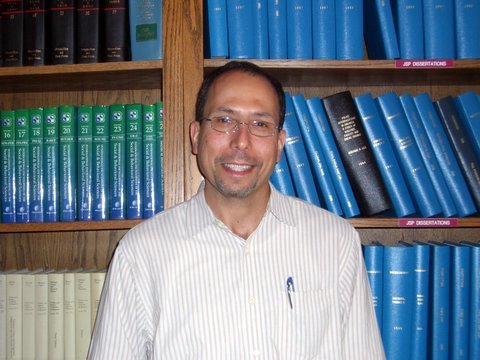Law and Politics in California Prisons
There is no time like the present to be studying the interaction of courts and state government in shaping California prison policy. Case in point is the remarkable statements by John Hagar, the Special Master appointed by Judge Thelton Henderson to 0versee a broad set of prison reforms in California prisons. In a unique "Draft Report" filed on June 20, 2006 and in a hearing on July 12th, Hagar accused the sitting Governor and his political aids of entering a pre-election conspiracy with the politically powerful California Correctional Peace Officers Association (CCPOA). Hagar began by praising the Schwarznegger administration during its first 24 months for "one of the most productive periods of prison reform in California history." Indeed, after his recall victory in 2003, Schwarznegger moved rapidy to settle a number of law suits against the prison system, conceding major constitutional violations, and called for a reinvigorated committment to rehabilitation in California prisons (going so far as to rename the agency.
Since the Governor's defeat in last year's ballot refenda battle and his hiring of former Gray Davis aid Susan Kennedy, reform has been effectively stalled. A weakened Schwarznegger still espouses reform, but Hagar charges the Governor is now in a deferential posture toward the powerful CCPOA. According to Hagar union representatives have met directly with Kennedy to negotiate about prison management issues, effectively cutting the top management of the Youth and Adult Correctional Agency and the California Department of Corrections.
The acccusations, denied by Kennedy and other Schwarznegger officials, may shed light on the rapid fire resignations earlier this spring of two major reform administrators. Secretary of the Youth and Adult Correctional Agency, Rod Hickman, and his replacement, former Director of Corrections Jeanne Woodford. Both resigned indicating frustration at the pace of reform.
Fascinatingly, this is not just about heated rhetoric. The Special Master seems likely to refer several former California Correctional officials for federal criminal charges relating to the mistreatment of a whiste blower who reported inmate abuse at California's notorious Pelican Bay prison.
Jennifer Warren's reporting in the LA Times.
Mike Martin's reporting in the SF Chronicle on the June draft report

